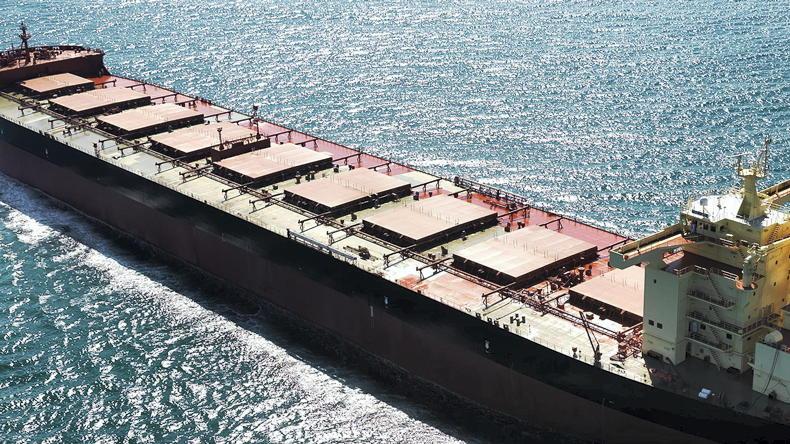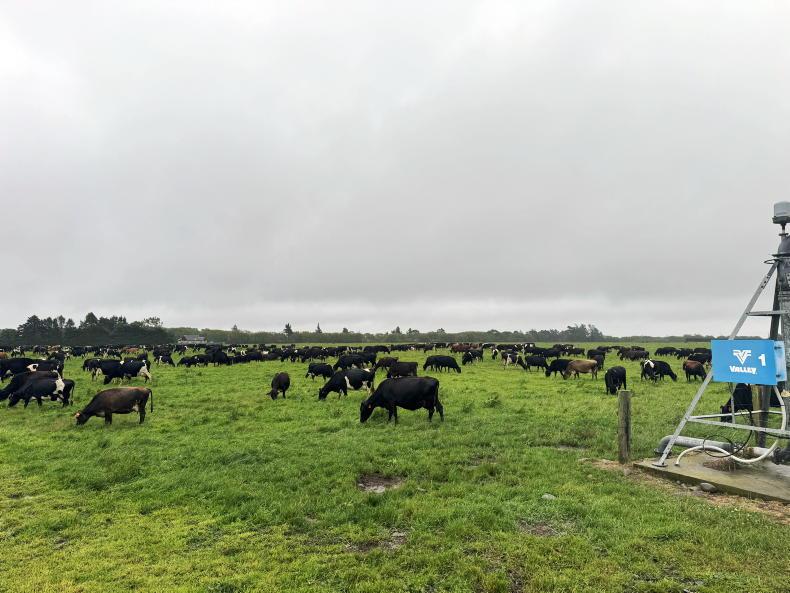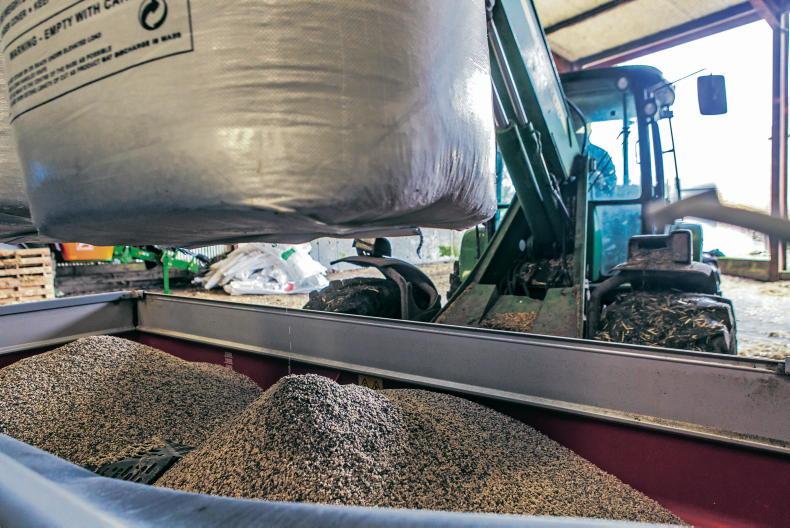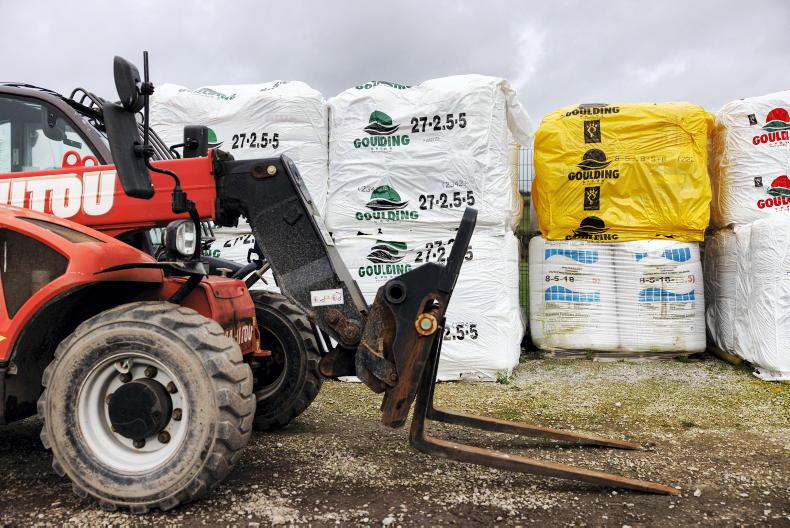Urea prices have continued to fall in international markets this week.
However, there are concerns about tight supply avenues, as reports from Russia suggest that it is considering a complete ban on ammonium nitrate exports.
The granular urea Egyptian spot price closed on Thursday at $800/t (€718/t).
February futures prices tumbled to $620/t (€557/t) as the market continues to adjust, providing further hope that farmers may look forward to lower urea prices.
However, ammonia and nitrates remain high.
Ammonium nitrate
Prices for ammonium nitrate out of the Baltic Sea area were well supported, according to Chris Lawson of CME Group, amid growing concerns that supply avenues could become strained in the coming weeks, with some sources indicating that Russia could further tighten exports on ammonium nitrate.
Ban under consideration
Meanwhile, reports from Russian manufacturers and producers suggest that an outright ban on ammonium nitrate is under consideration by the Russian government, with a decision likely over the coming week.
In November, Russia announced the introduction of temporary export quotas from 1 December on nitrogen fertilisers of 5.9m tonnes in total for a period of six months.
The quotas mainly impacted impact ammonium nitrate, which is the main fertiliser used in Russia. They allow for roughly 46% of the average exports in the December to May period compared to the past three years according to Profercy.
Urea availability, based on previous years' exports was thought to be relatively unaffected.
Buyers have been very slow to lock in over the past month, as they wait for prices to find some kind of floor.
It's thought that India is due to return to the market, with a new tender likely to be floated before February.
This may signal a return to buying and the hopes are that some price stability will emerge providing greater certainty for Irish buyers and farmers alike.










SHARING OPTIONS